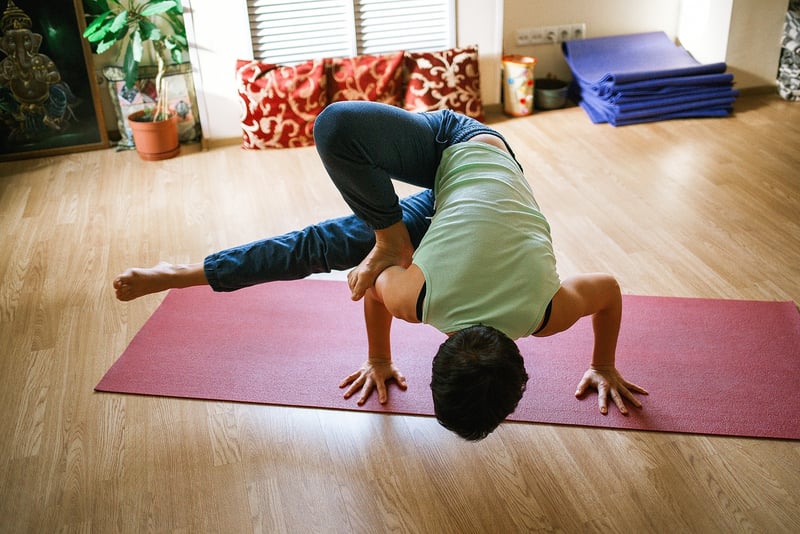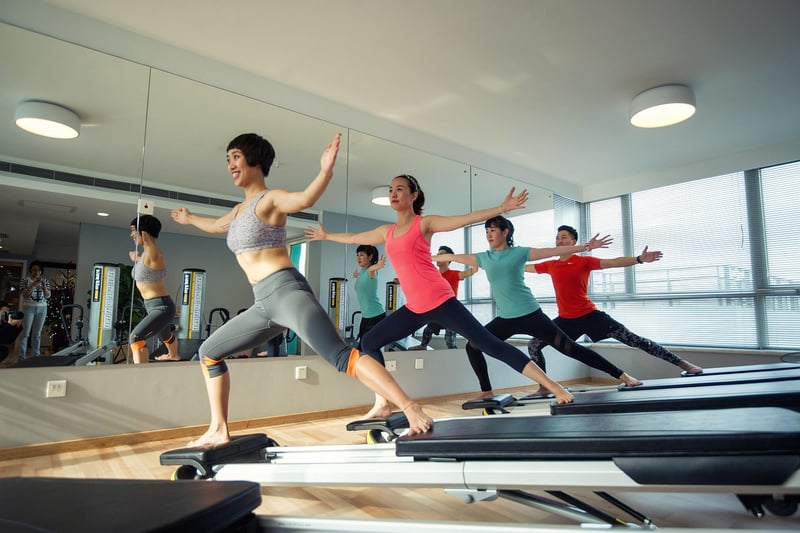Pilates for Flexibility
Mindful Movement Practices + Pilates for Flexibility

Incorporating mindful movement practices such as Pilates into your routine can significantly enhance flexibility, improve posture, and promote overall well-being. Let's explore how Pilates, in particular, can help you achieve greater flexibility and mind-body connection.
What is Pilates?
Pilates is a form of low-impact exercise that focuses on strengthening muscles while improving postural alignment and flexibility. It emphasizes core strength, balance, and coordination through precise movements.
Benefits of Pilates for Flexibility
- Increases range of motion in joints
- Improves muscle elasticity
- Enhances overall flexibility and mobility
- Helps prevent injuries by strengthening supporting muscles
- Promotes relaxation and reduces stress
How Pilates Promotes Mindful Movement
One of the key principles of Pilates is breath awareness and concentration. By focusing on the breath and being mindful of each movement, you can cultivate a deeper mind-body connection. This mindfulness enhances the quality of your movements and helps you stay present during your practice.
Tips for Practicing Pilates Mindfully
- Focus on your breath: Coordinate your breath with each movement to stay present and centered.
- Engage your core: Maintain core engagement throughout the exercises to support your spine and improve stability.
- Listen to your body: Pay attention to how your body feels during each movement and adjust as needed to prevent strain.
- Practice regularly: Consistent practice is key to reaping the benefits of Pilates for flexibility and overall well-being.
Whether you are new to Pilates or a seasoned practitioner, incorporating mindful movement practices into your routine can help you achieve greater flexibility, strength, and inner awareness. Start your journey towards improved flexibility and well-being through the transformative power of Pilates today!

Image sources: Pixabay - Yoga Pose, Pixabay - Pilates Class
